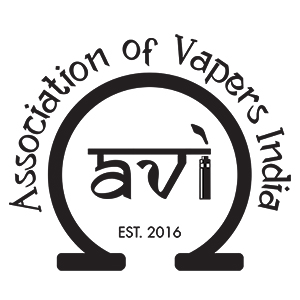The activities of the association are divided into three broad categories — mounting a legal
challenge to stem the rise of vape bans across India, vaping advocacy with the objective of
expanding the domestic market, and safety regulations to improve quality of products.
LEGAL CHALLENGE
1) Hire a team of lawyers to contest vape bans and regulations in the states of
Karnataka, Punjab and Maharashtra.
2) Each ban poses a unique challenge – in Karnataka, it is a circular banning ENDS
which needs to contested; in Punjab and Maharashtra, it is the unfair application of a
1945 tobacco law to e-liquids.
3) We are looking at retaining a legal advisor, someone of repute and with deep
knowledge of harm reduction policies, who will then advise the local law teams on the
course of action.
4) Eventually, we will have to challenge the legality of national laws governing the use
of nicotine.
PERCEPTION CHALLENGE
1) To counter the misinformation being spread about vaping, we will approach decision
makers and the public with relevant evidence and latest research on vaping.
2) Among decision makers, we will individually target lawmakers, medical professionals
and the media.
3) Representations will be made to concerned politicians with dossiers outlining the
benefits of vaping on public health, details of pro-vaping laws in the other countries,
and guidelines on how to regulate the industry in a way that furthers harm reduction.
4) The medical fraternity will be similarly sensitised with latest scientific evidence,
including consultations with doctors abroad who prescribe vaping as a tobacco
cessation method.
5) Media and public outreach will be done through a PR agency.
6) The association will offer giveaways to encourage participation in these initiatives.
7) Participation of vapers will be sought by inviting them to become members of the
association and help further common goals.
8) The association will host seminars and public events to promote the cause of vaping.
SAFETY NORMS
1) To improve the quality of products and to prepare vendors for the impending
regulation, a set of safety standards will be adopted.
2) The association will set up an accreditation mechanism whereby e-liquids are tested
before being put out in the market.

